Romanian U.S. Soy Customers Receive Technical Support in Poultry Health Management
- Category:
- Animal Utilization
- General News
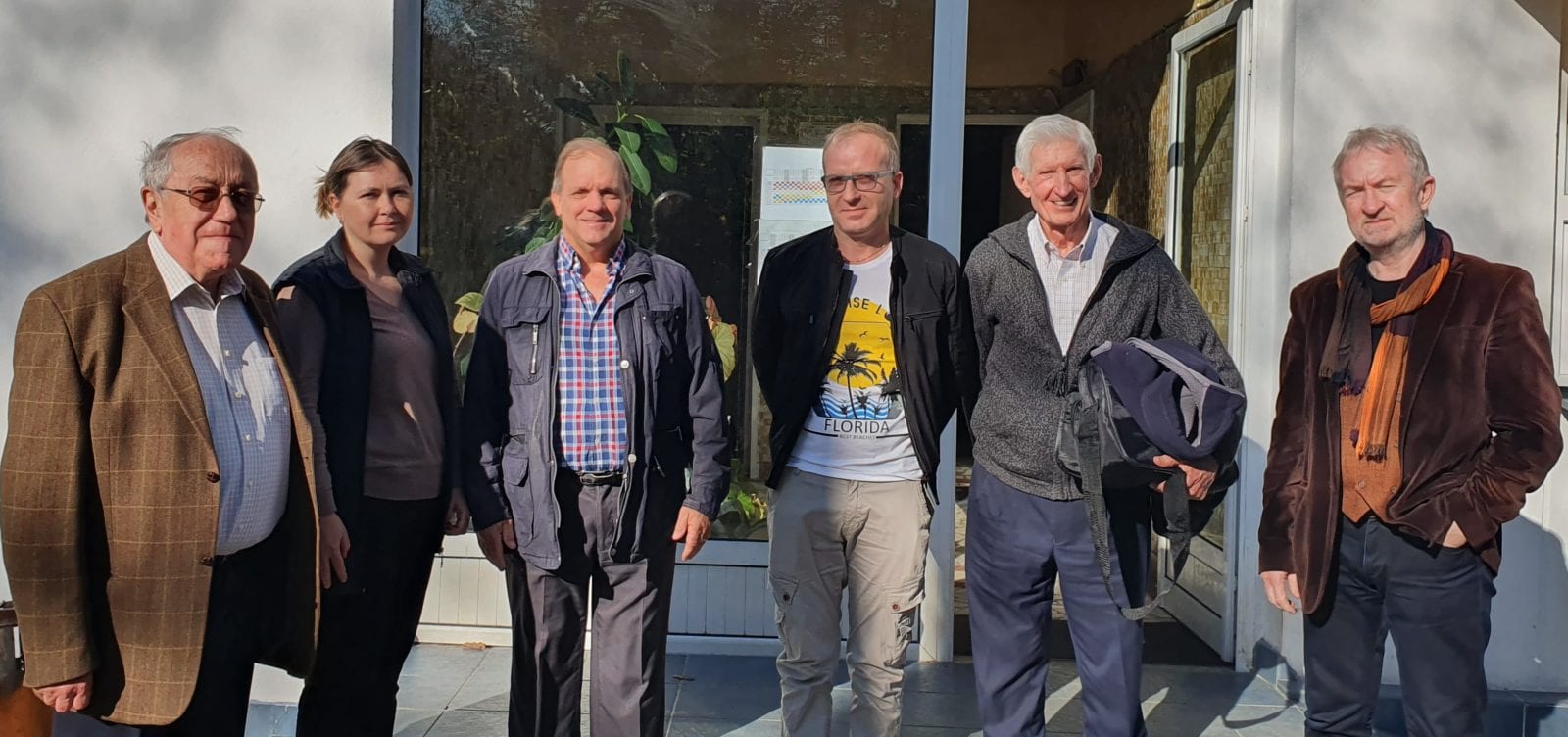
The Romanian poultry industry, one of the most dynamic in the South East European region, has developed well over the past few years. Ongoing investments in state-of-the-art production facilities and upgrades in animal welfare standards, along with observing EU processing hygiene and packing regulation has allowed and will continue to sustain the poultry integrated companies to increase production volumes and maintain performances.
Following up on USSEC’s technical support activities offered early this year to U.S. soy customers from South East Europe, Dr. Gary Butcher, a professor at the University of Florida, College of Veterinary Medicine and Dr. Craig N. Coon, poultry nutritionist and professor in the Department of Animal Science at the University of Arkansas visited in mid-November with Romanian poultry companies.
Poultry health management was the key topic approached by Dr. Gary Butcher with the Romanian poultry veterinarians, including routine preventative measures against diseases and good poultry farming practices for a clean and hygienic environment. The main preventative measures revisited by Dr. Butcher during the one-on-one meeting with poultry veterinarians were poultry vaccination programs, parasite control, practicing routine biosecurity procedures between flocks, and farm personnel working with them.
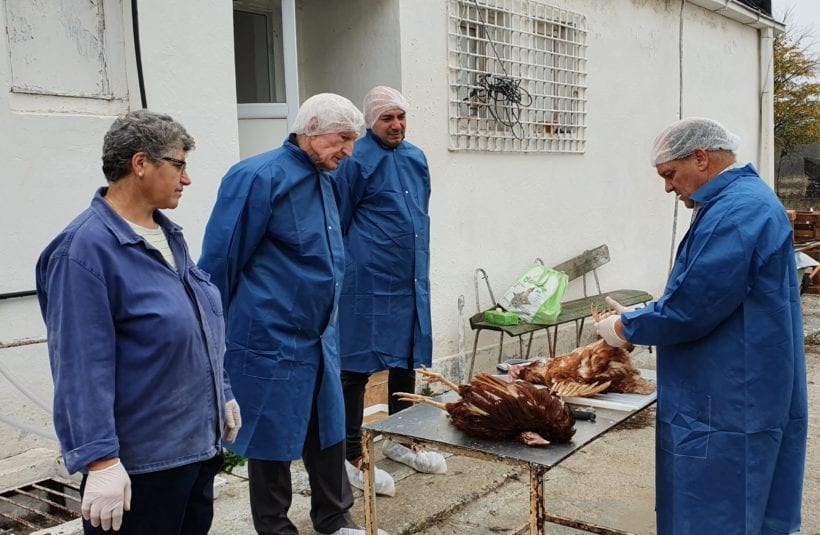
In addition, during the farm visits, poultry nutrition was also discussed. Dr. Coon commented, “One of the main objectives for poultry veterinarians and nutritionists today is to maintain bird health while achieving optimum performances. Disease challenge is only one of the many factors that will impact the nutrient requirements of poultry. Since the possibility of disease challenge is always present in today's poultry operations, the nutritionist must realize that the bird's metabolism and immune system are constantly adjusting to the stress of environment or disease and nutrient requirements may need to be increased at certain times. As any gut damage caused by pathogens will lead to poor intestinal health, there will be a negative impact in nutrient utilization efficiency. Subclinical forms of infection with no obvious signs of lesions are often financially more devastating than acute, short-term infections, such necrotic enteritis.
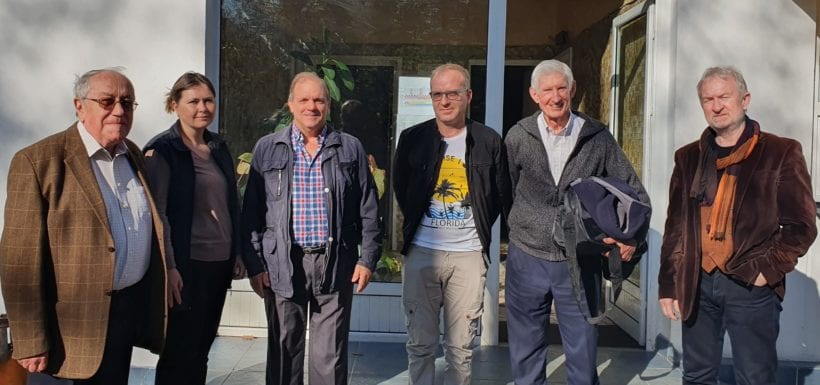
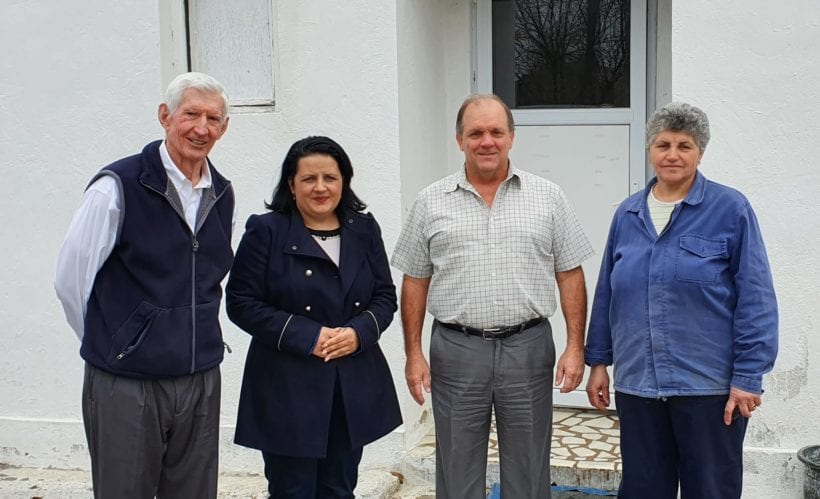
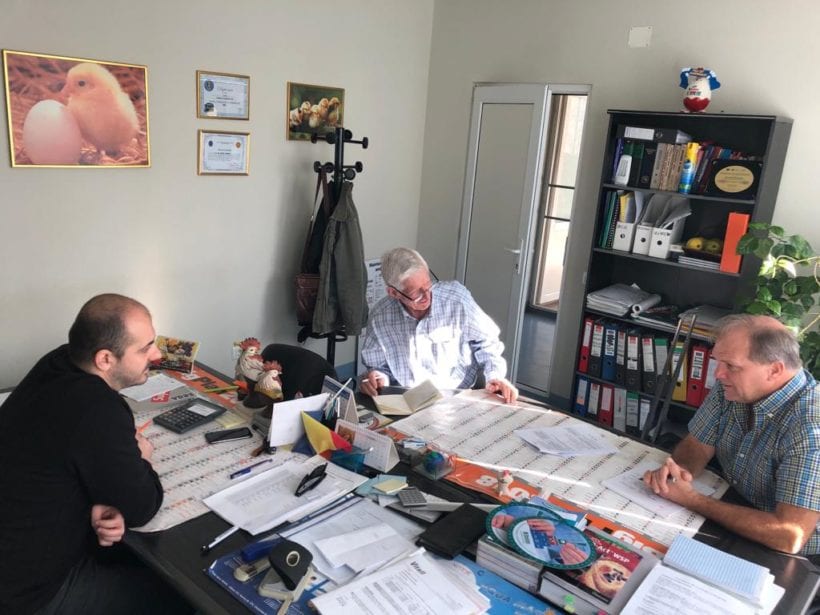
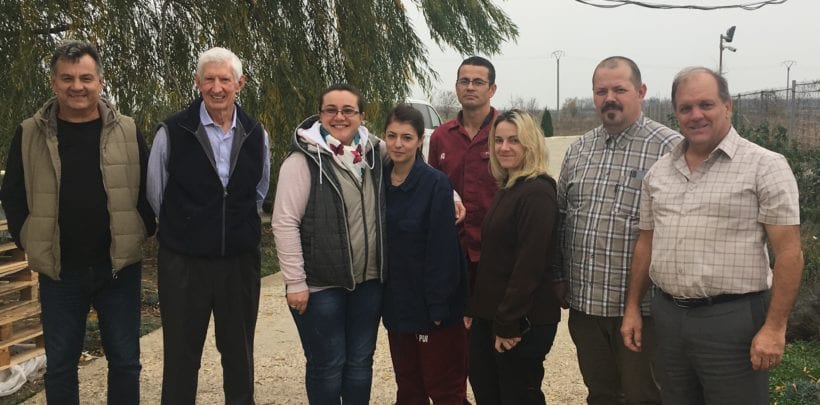
In an effort to emphasize the role of the U.S. soybean meal digestibility in maintaining optimum performances, nutrients influence on responses of poultry to a disease challenge was also discussed by the USSEC consultants with poultry veterinarians. It is well known that during such a challenge, nutrients are shunted away from growth. For example, body proteins are broken down and amino acids are shunted away from growth and are used by specific cells to synthesize critical proteins which allow the bird to mount a successful immune response to a particular disease challenge. Defense mechanisms take priority in a disease challenge and these nutrients help the bird's system overcome the challenge. If specific nutrients are at or below the bird's requirement, then a limited amount of nutrients will be available to meet all of the body's needs during a time of challenge. The immune system benefits greatly from proper nutrition of the bird and in this regard, U.S. soy amino acids superior digestibility should be considered specially to reduce the adverse effects of stress and enhance recovery from stressful periods.
At the conclusion of the activity, after a of weeklong “marathon” visits, the Romanian customers expressed their appreciation for the continuous technical support offered by the U.S. soy industry.